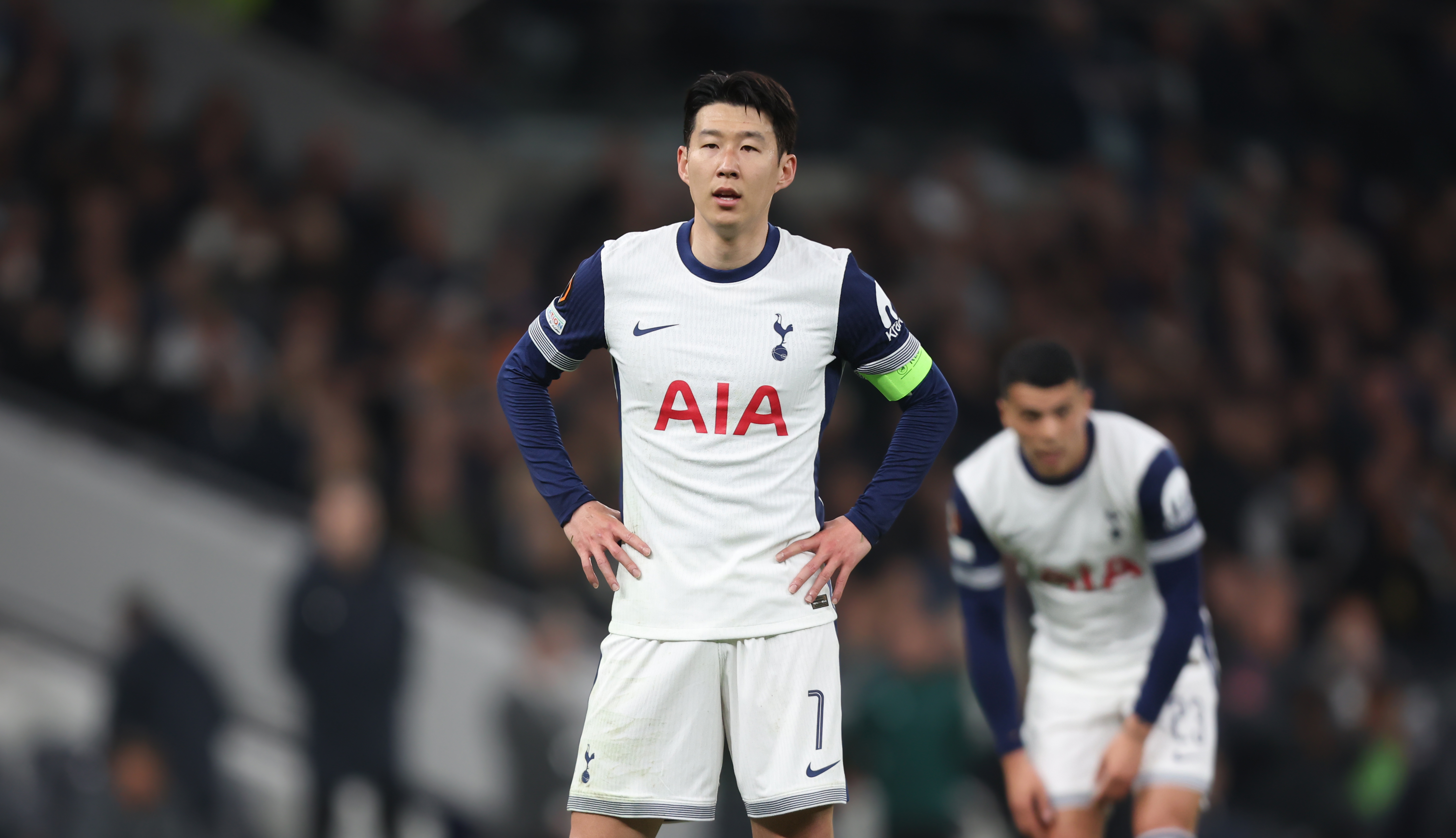Willian: The industrious playmaker
Don’t be a passenger in attack. Chelsea’s conscientious Brazilian explains how you can show your worth at both ends of the pitch
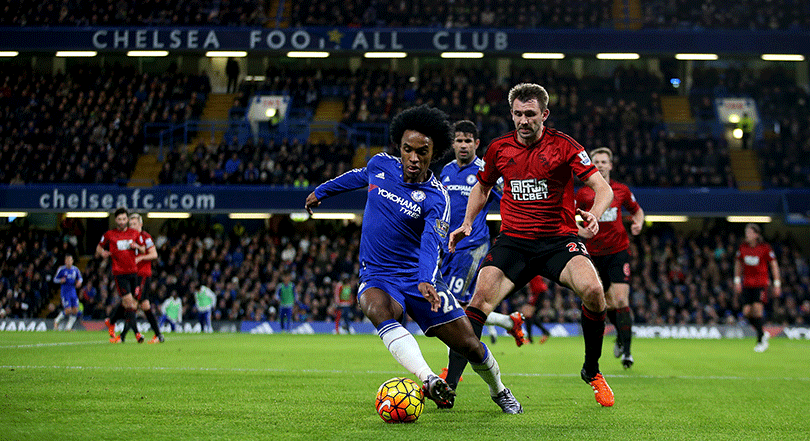
Get strong to the core
"I don’t do any interval training and I’m not the type of guy who cares much about upper body exercises. I focus more on core exercises – they help me improve my explosiveness. At least once or twice a week, I work on my core strength in the gym. This involves exercises that concentrate on the abdominal muscles, hips and lumbar spine. With a stronger core, you become much harder to knock off the ball and you reduce your risk of injury.”
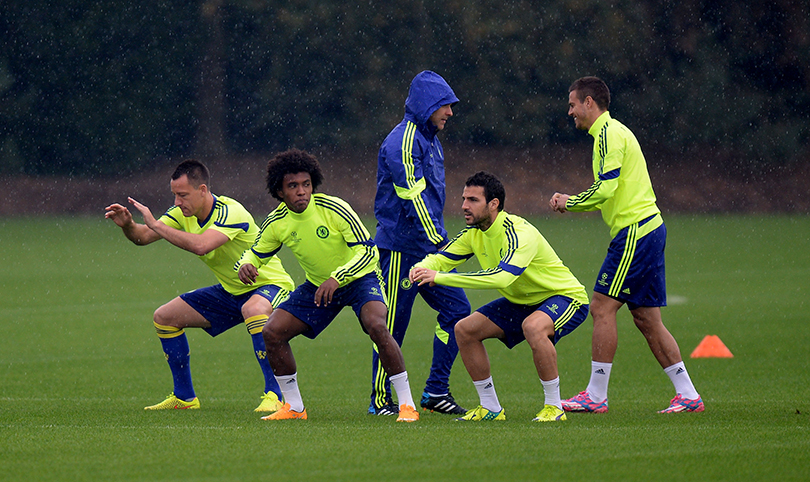
Rest to re-energise
“We swim and have a sauna and a massage to help us recover after matches and training. But, in my opinion, resting is the best thing you can do after playing. It’s also important to follow a balanced diet. I try to eat a bit of everything: pasta, meat and vegetables. Stretching is also vital. I don’t like ice baths at all, but sometimes there is nowhere to run and I have to do it! I always try to get plenty of quality sleep, including good naps after training sessions.”
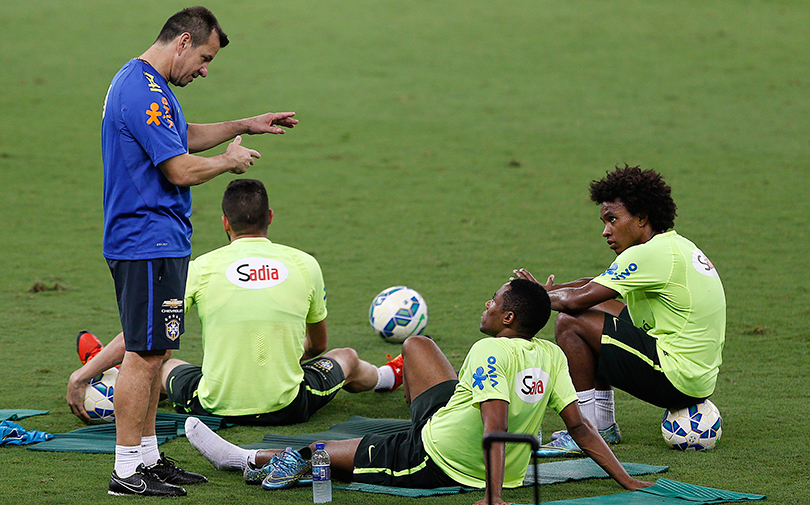
Play smart, not hard
“When your team is well organised on the pitch, you don’t need to waste energy. In Brazil we call this ‘running wrongly’. When the team is not compact, you end up running more, inefficiently, and you’ll tire yourself out much sooner. Experienced players know when to press, attack, defend and conserve energy. When you’re young, it is normal to have lots of ambition and desire to show your potential, but over time you end up burning yourself out.”
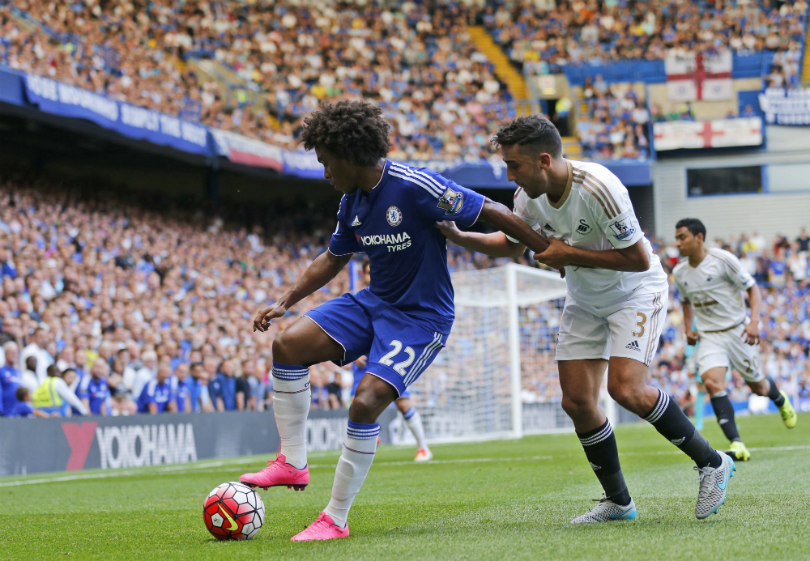
Listen to your coaches
“There’s a piece of coaching advice that has never left me. Jose Augusto, my youth team manager at Corinthians, said two things that have really helped me out on the pitch over the years. The first was: ‘Before receiving the ball, you must know what you are going to do next’. And the second: ‘Always look backwards, over your shoulders, before you receive the ball’. You must know how much time you have before an opponent comes to mark you.”
Get FourFourTwo Newsletter
The best features, fun and footballing quizzes, straight to your inbox every week.
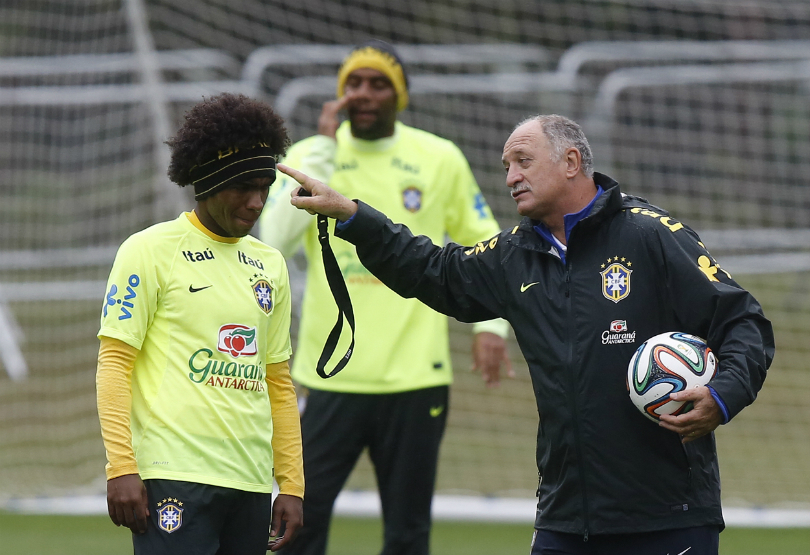
Be tactically flexible
“Under Jose Mourinho, I have improved tactically. I’m a better player defensively, knowing when to mark and press. I understand the importance of squeezing the space and forcing an opponent into making a mistake. English football is much more physical – referees don’t see every contact as a foul. Looking back to when I first arrived in England, I think I can now read the game better. I can identify when it’s time to dribble or when it’s time to pass to a team-mate quickly.”
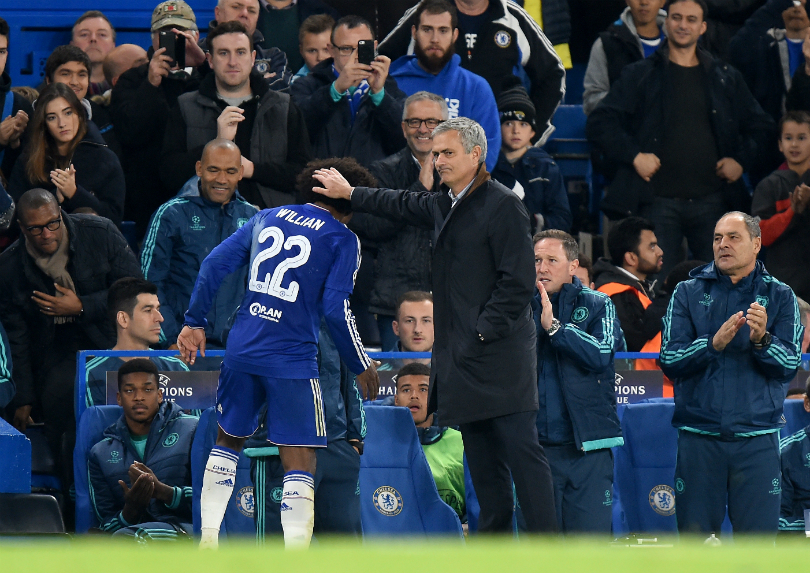
Put in a shift for the team
“Football has changed a lot. Nowadays, a playmaker can’t just play with the ball. The role of an attacking player comes with a lot more responsibility. You must be willing to work hard, help out defensively and know how to play on both wings. You need to be a versatile player in order to succeed at the top. The best playmakers can do everything: they understand tactics, they’re good in possession, they can finish and they’re also in very good physical condition.”
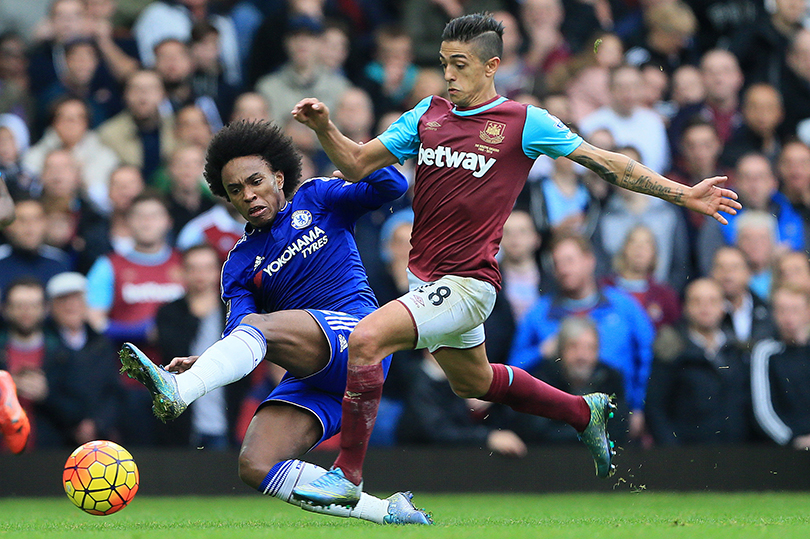
Recommended for you:
Aaron Ramsey: Overrun the opposition
Xavi: Master the pass
Eden Hazard: Rise to the top
Raheem Sterling: Run your marker ragged
Mario Gotze: Be a creative spark
Andres Iniesta: How to boss the midfield
FourFourTwo was launched in 1994 on the back of a World Cup that England hadn’t even qualified for. It was an act of madness… but it somehow worked out. Our mission is to offer our intelligent, international audience access to the game’s biggest names, insightful analysis... and a bit of a giggle. We unashamedly love this game and we hope that our coverage reflects that.

